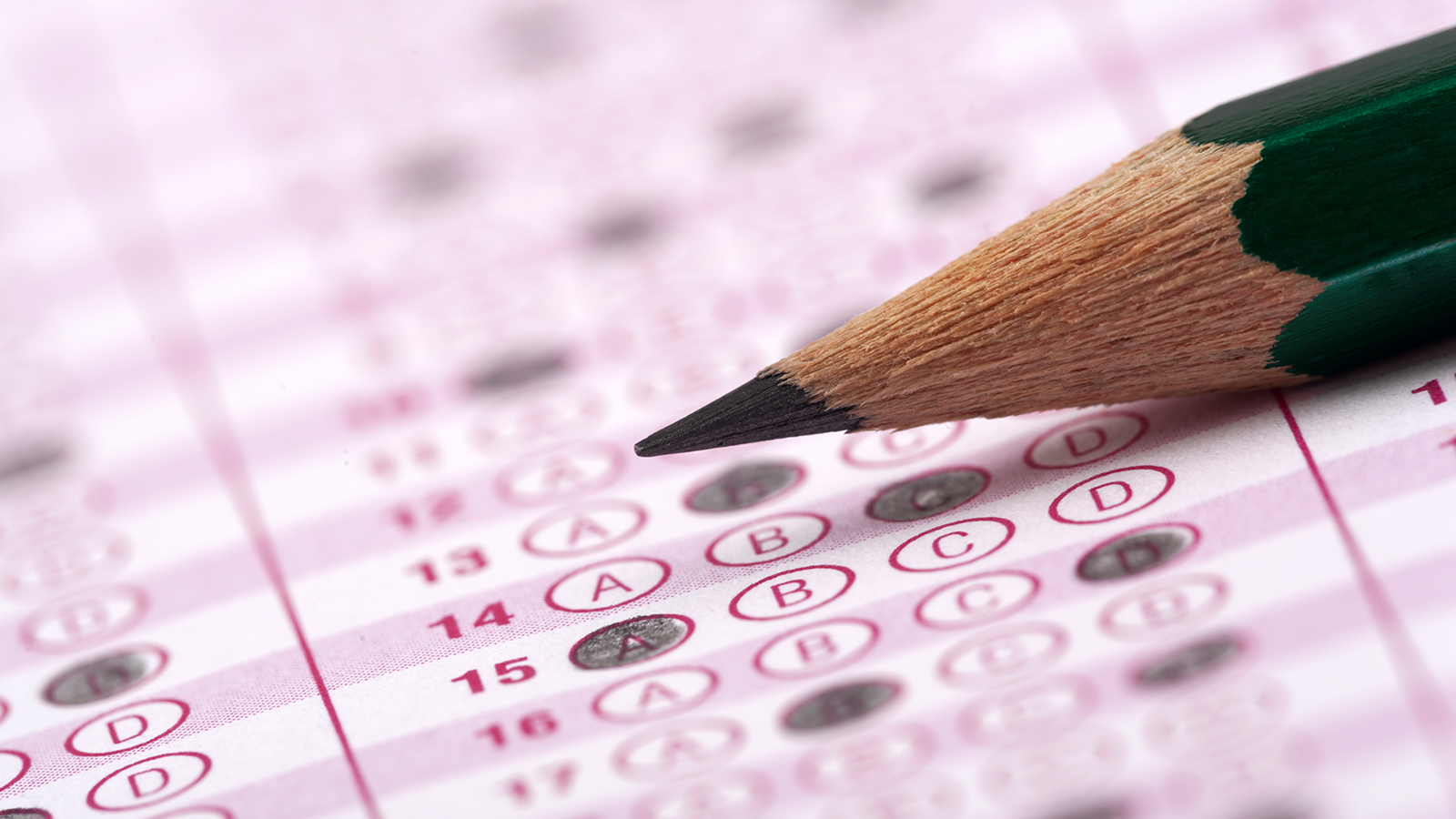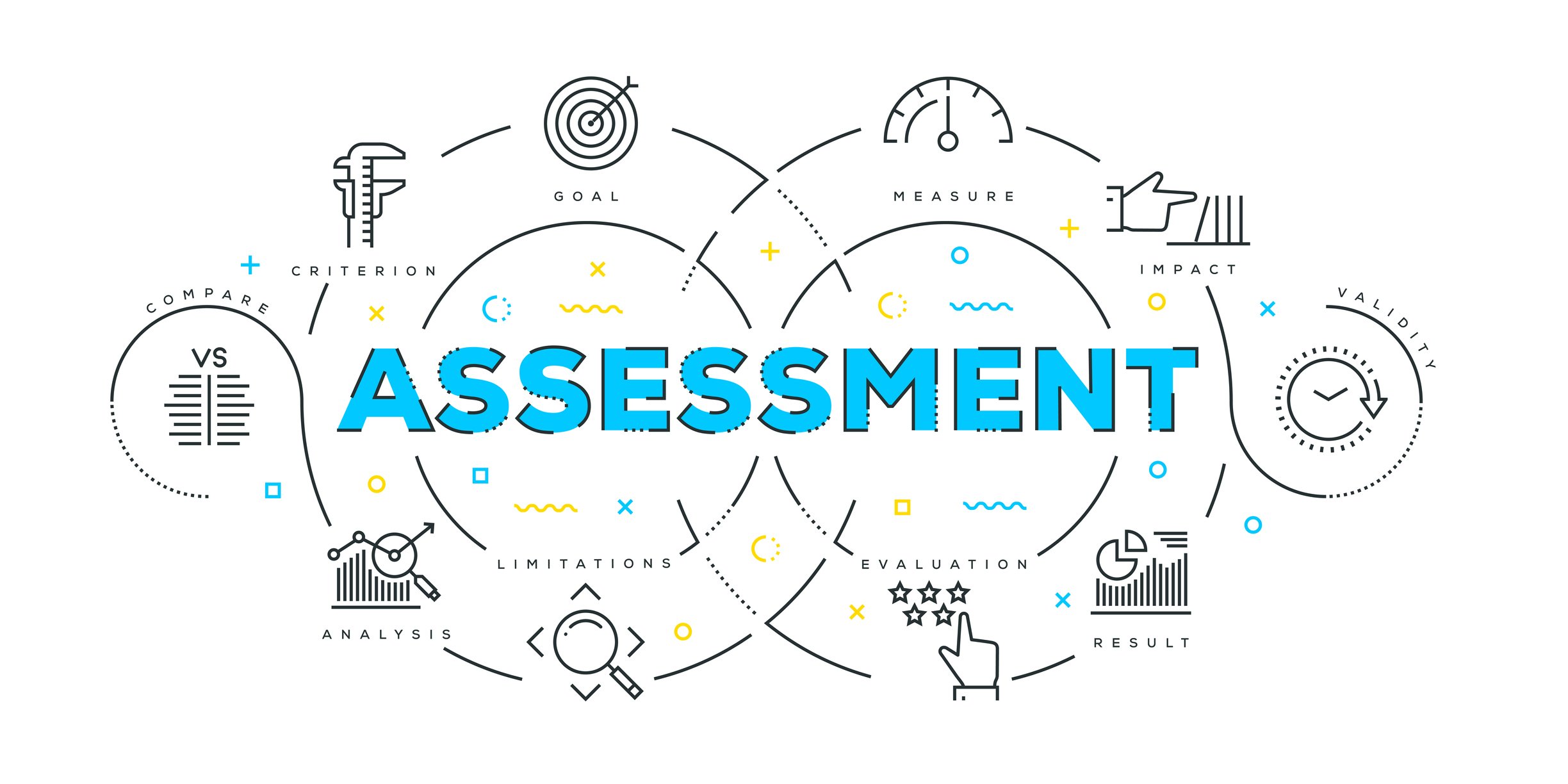
As teachers we know we need to assess our students to determine their “grade” in our class, but is there a better way to do that? Are we assessing their ability to take the test we created or are we truly assessing if they learned the content that was taught?
This is a battle every teacher faces when they are assigning work or assessing student learning. If the student or the class was not successful, do I continue on my unit path or do I stop to ensure that the students have learned the knowledge or skills that are needed later?
Mastery vs. Completion
Mastery begins with the idea that students can have multiple attempts to complete a task and is more knowledge focused which allows more students the opportunity to learn. While completion is based off points or scored focused and is a one time attempt. In this model only a few students will get the opportunity to learn before moving on. This is a struggle that many teachers face as they progress through the school year. We can all progress through the content in the set time frame provided, but how are we ensuring that there is learning taking place? As teachers we can teach a topic, provide a worksheet or activity for the students to complete, it can be graded and then the class moves on to the next topic. The issue with focusing on completion is that there can be misconceptions developed and not corrected and there can be holes in the learning that will eventually cause gaps. While there is a benefit for helping students learn the value in completing a task, it should not overshadow the importance of learning the material and being able to demonstrate that learning has occurred.
Allowing students an opportunity to show that they have learned a topic by being able to explain it, demonstrate the knowledge gained, apply the learning in a new way will help students take ownership of the learning process. We need to help our students accept that learning is hard and that the reward for taking the time to learn the skill will pay off later.

Differentiating Assessments
As a classroom teacher, when I was planning an assignment, I determined the reason I was assigning that task. Was I using the assignment as a check of their understanding? If yes, then why would I not allow the student to try again and show me that they understood the material I had taught? Why would I not allow a student to show me that they had learned the content in a way other than the assessment I had designed? Is my test or the district’s test the only way that students can show me they have mastered the content? The answer is no!
If we differentiate the instruction, why are we not differentiating the assessment or at least the assessment opportunities? The test I give my students could be one piece of the assessment puzzle, but it should not be the only piece. As educators we do this with the state and national assessments—why not with our own assessments? We do not judge a student based solely on their performance on the state assessment; we use that as one piece about that student’s performance. That one test is a picture of that student on one day in time, not their educational process. We need to shift our focus as educators away from assessment being about mastering the content on the test to the opportunity to show the teacher mastery in the way that best assesses that student.
In his TED Talk, “Let’s Teach for Mastery—Not Test Scores,” Sal Khan shares that we can allow a house to be built on an unstable foundation, but as we continue to build the layers the gaps that exist will cause the house to fall. This applies to teaching. We can’t expect our students to continue to be successful if they have not mastered the skills. I know many of you are thinking, “How can I manage this in my classroom? I would have twenty-five to thirty-five students in different places every day!” I believe the answer is to have clear learning goals and clear evidence that I can use to measure their progress toward those goals.
As teachers, we need to vary the kinds of assessments and why we are assessing learning. We should be assessing student learning on an ongoing process not just at the end of the unit or instructional time frame. Using formative assessments to evaluate learning will allow teachers to meet students where they are and move them along the continuum at their own pace. If we are truly assessing a student’s learning, then we should allow them the chance to reassess when they do not master or demonstrate mastery the first time.
Assessment should not be seen as a punishment but rather as a milestone or checkpoint. Assessment should give the student and the teacher the opportunity to provide feedback and reflect on the feedback to create a plan to move forward or restart the cycle. Learning is not a straight pathway to a diploma; it is a curvy road with detours and opportunities for “recalculations” when the route gets changed. We as teachers need to help our students read the road maps and handle the recalculations when they arise, not penalize them for taking the detour. I think the biggest thought comes from an ASCD article by Grant Wiggins titled “How Good Is Good Enough?”; Wiggins shares that the definition of mastery needs to be rethought, that mastery should not just be the assessment of “technical knowledge.”
Mastery should not just be a check list of skills but rather “effective transfer of learning in authentic and worthy performance. Students have mastered a subject when they are fluent, even creative, in using their knowledge, skills, and understanding in key performance challenges and contexts at the heart of that subject, as measured against valid and high standards.” As we all know, the field of education is constantly changing and evolving, so our thought processes and reasons why we do things should also change. I encourage you to start looking at why you are assigning that task. What is your reason? If it is to check their learning, then allow them the opportunity to continue to retry to show you they learned the material.
Seeking more professional learning resources?
See what our professional learning department can do for your teaching
Karla Wienhold has been a Maryland educator for twenty-three years. She earned a bachelors’ degree in Elementary Education at the College of Notre Dame of Maryland in 1997, a master’s degree in Curriculum and Instruction from Loyola University in 2004, and her Administration 1 Certification from Towson University in 2009. Karla has also been a National Board Certified teacher since 2007. In her work as a certified trainer for Active Classroom, she enjoys helping to support teachers in their Social Studies instruction as a writer of curriculum maps and training them on how to use the program in the classroom as well as share her knowledge and passion as she presents webinars on various topics.

